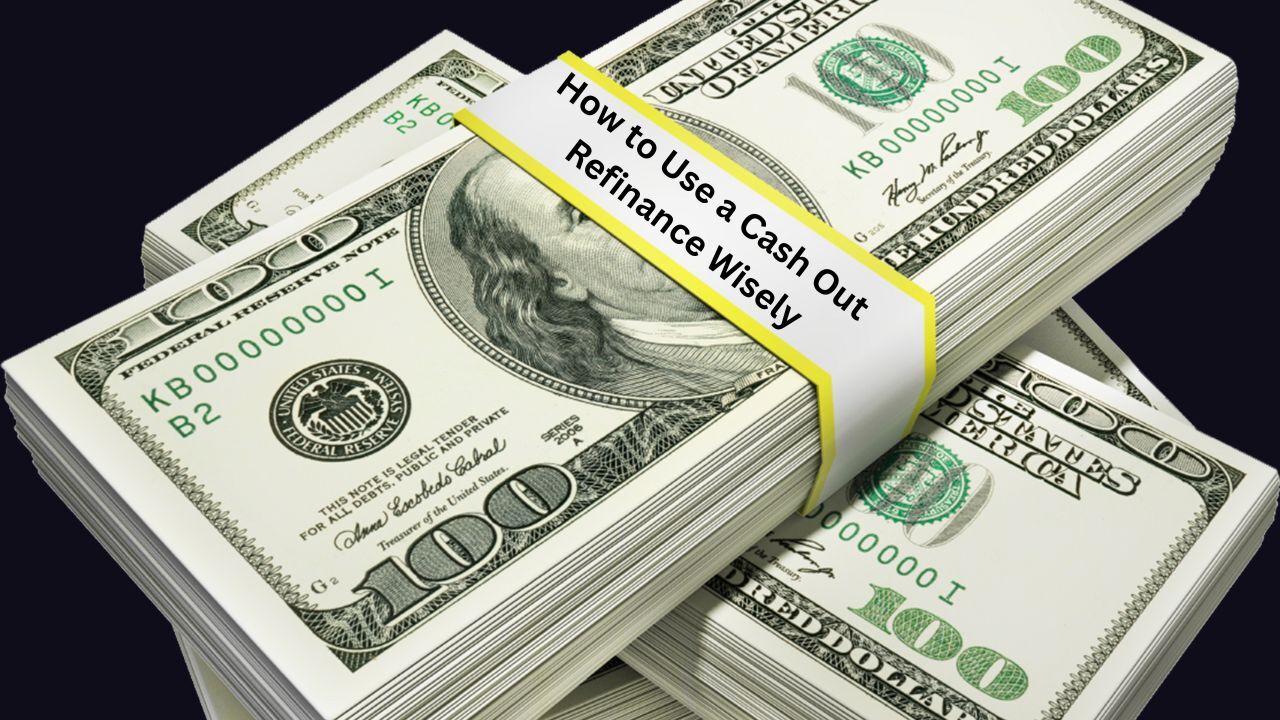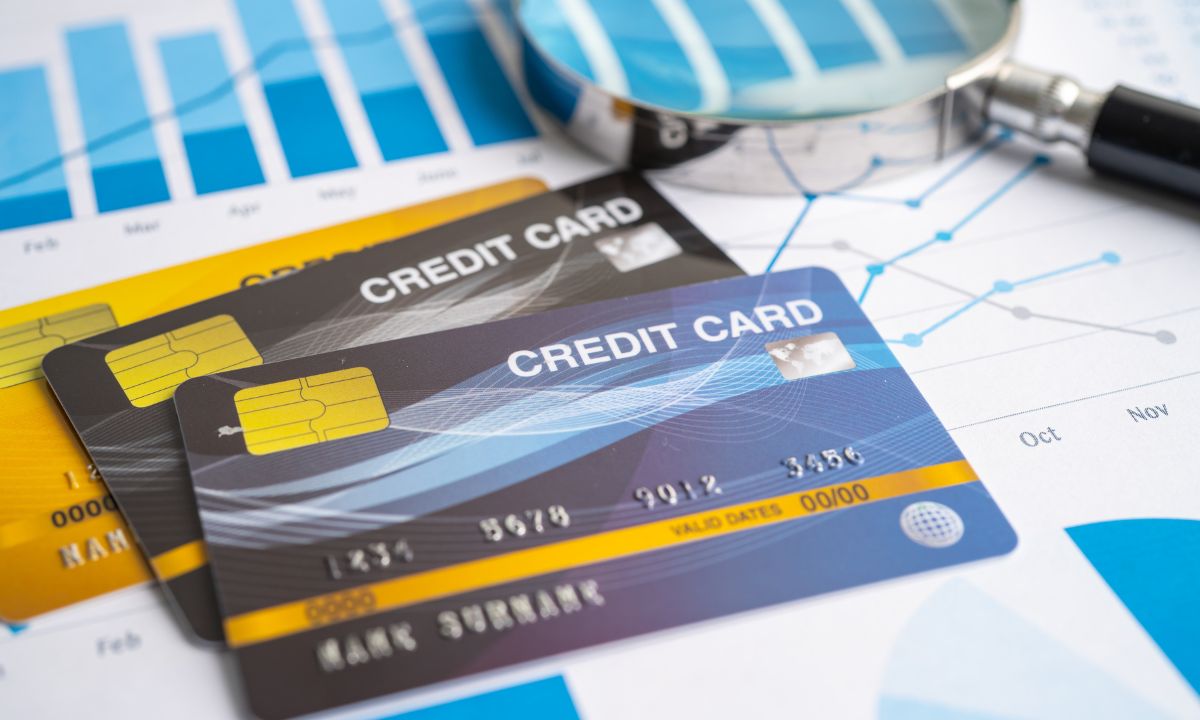 A cash-out refinance can be a powerful tool for homeowners who want to leverage the equity in their home, but it is important to approach it strategically. This type of refinance replaces your existing mortgage with a new, larger loan, giving you the difference in cash. Whether you are planning home improvements, consolidating high-interest debt, or investing, using a cash-out refinance wisely can help you reach your financial goals without creating unnecessary risk.
A cash-out refinance can be a powerful tool for homeowners who want to leverage the equity in their home, but it is important to approach it strategically. This type of refinance replaces your existing mortgage with a new, larger loan, giving you the difference in cash. Whether you are planning home improvements, consolidating high-interest debt, or investing, using a cash-out refinance wisely can help you reach your financial goals without creating unnecessary risk.
Understand Your Goals
Before pursuing a cash-out refinance, clarify why you need the funds. Are you looking to upgrade your home, pay down debt, or invest in another property? Knowing your objectives will help you determine the right loan amount and whether a cash-out refinance is the most cost-effective option. Homeowners who have a clear plan are more likely to use the money in ways that provide long-term value.
Evaluate Interest Rates and Costs
A cash-out refinance may come with a slightly higher interest rate than a traditional refinance, so it is essential to shop around and compare lenders. Factor in closing costs, appraisal fees, and any other expenses associated with the loan. Calculating the total cost will help you understand how much the refinance will actually cost and whether it is worth the potential benefits.
Consider Your Repayment Plan
It is easy to get caught up in the immediate availability of cash, but you must also think about repayment. Make sure the monthly payments on your new mortgage fit comfortably within your budget. Using the funds for high-interest debt or home improvements that increase property value can make the repayment more manageable and financially rewarding over time.
Avoid Using Funds for Short-Term Expenses
A cash-out refinance is best used for investments that provide long-term benefits. Using the money for short-term spending, vacations, or non-essential purchases can lead to financial strain and reduce the value of your home equity. Treat this loan as a strategic financial move rather than extra disposable income.
Make Informed Decisions
Ultimately, a cash-out refinance can be a smart financial tool when used wisely. Take the time to assess your goals, evaluate rates and costs, plan for repayment, and avoid unnecessary spending. Working with a knowledgeable mortgage professional can ensure that the refinance aligns with your overall financial strategy and helps you achieve your homeownership and investment objectives.
 If your credit card debt is piling up, a cash-out refinance could be the solution you need to manage your financial situation. By leveraging the equity in your home, you can consolidate your high-interest debts into a lower-interest mortgage, potentially giving you relief from hefty monthly payments.
If your credit card debt is piling up, a cash-out refinance could be the solution you need to manage your financial situation. By leveraging the equity in your home, you can consolidate your high-interest debts into a lower-interest mortgage, potentially giving you relief from hefty monthly payments.